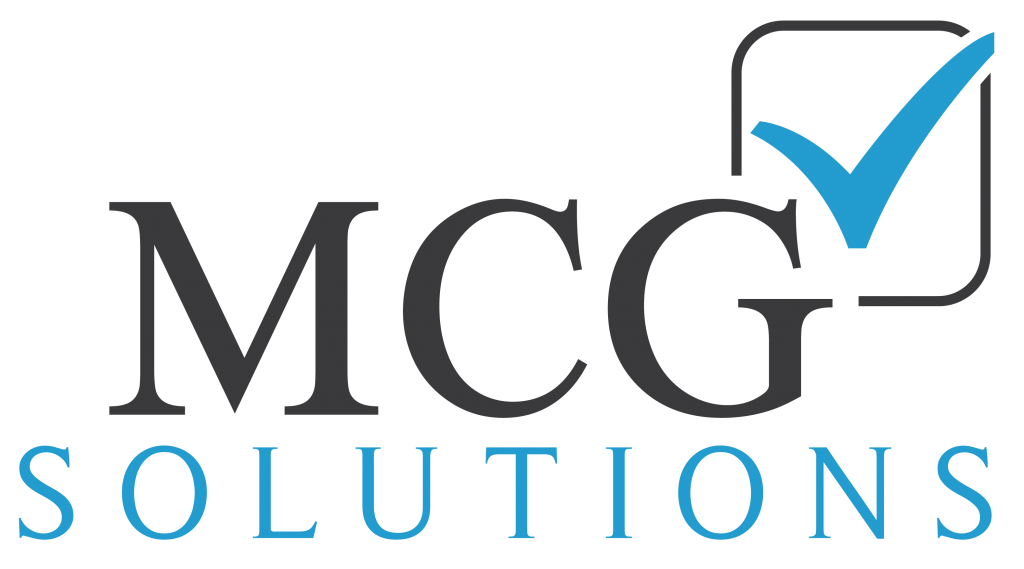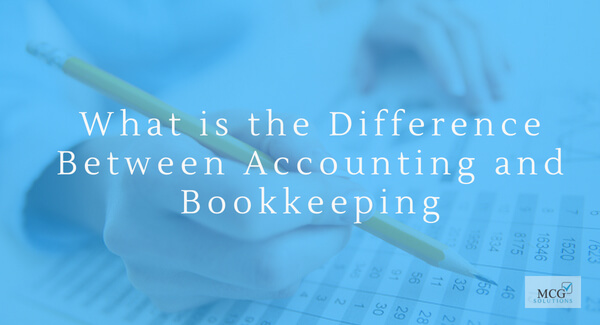The average person who thinks about bookkeeping and accounting probably assumes these are jobs with extremely similar functions that are performed by the same person. In actuality, these are very different financial tasks. While there are common goals in accounting and bookkeeping, these services will support business owners in different ways.
Let’s take a look at the functions of accounting and bookkeeping and how they differ from each other.
Bookkeeping
Bookkeeping is an ongoing process in which you record daily transactions clearly and consistently. It comprises tasks such as recording all financial transactions, producing invoices, posting credits and debits, completing payroll tasks and balancing all ledgers, subsidiaries and accounts.
Maintaining these ledgers is one of the most important bookkeeping-related tasks. Your business’s general ledger will include records of all sales and expense receipts you have generated over time. The more sales you complete, the more often your ledger will be posted (updated).
These days, most ledgers are created with specialized bookkeeping software—old-school spreadsheets and paper books have mostly gone by the wayside.
The complexity of your bookkeeping tasks will vary widely based on how big your business is, how many transactions it has every day/week/month, and the various payroll needs you have. Think of a bookkeeper as someone who provides ongoing financial maintenance for your company.
Bookkeepers are typically required to have two to four years of experience or an associate’s degree. They must be highly accurate and organized and have a firm base of knowledge about certain financial topics. In many cases, a bookkeeper will be overseen by an accountant or the small business owner in question.
Accounting
Accounting involves higher-level financial processes and more planning and predictive modeling. While bookkeeping is very rigid and objective with regard to tracking numbers, accounting is much more subjective. It comprises tasks such as preparing financial statements, analyzing operational costs, completing income tax returns, recording expenses that aren’t recorded in the bookkeeping process and generally advising the owner of a business in understanding the impact of potential financial decisions.
Business owners hire accountants to help them with strategic tax and financial planning, tax filing and financial forecasting.
Accountants must have a bachelor’s degree in the field of accounting, though some can have finance degrees. Unlike bookkeepers, accountants can earn additional professional certifications, such as the common Certified Public Accountant (CPA). To become a CPA, an accountant must take and pass the CPA exam and have a certain amount of experience in the field.
For more information about the differences between bookkeeping and accounting and how each can benefit your business in different ways, contact us at MCG Solutions.

